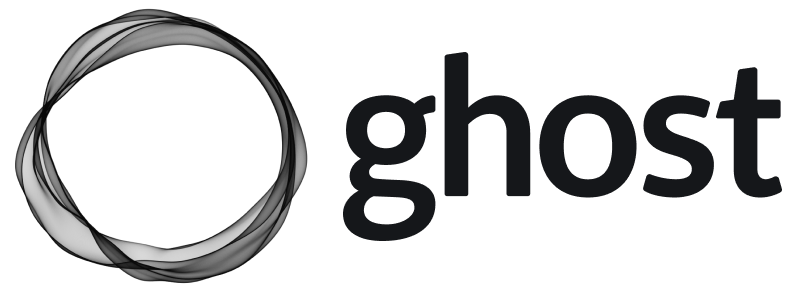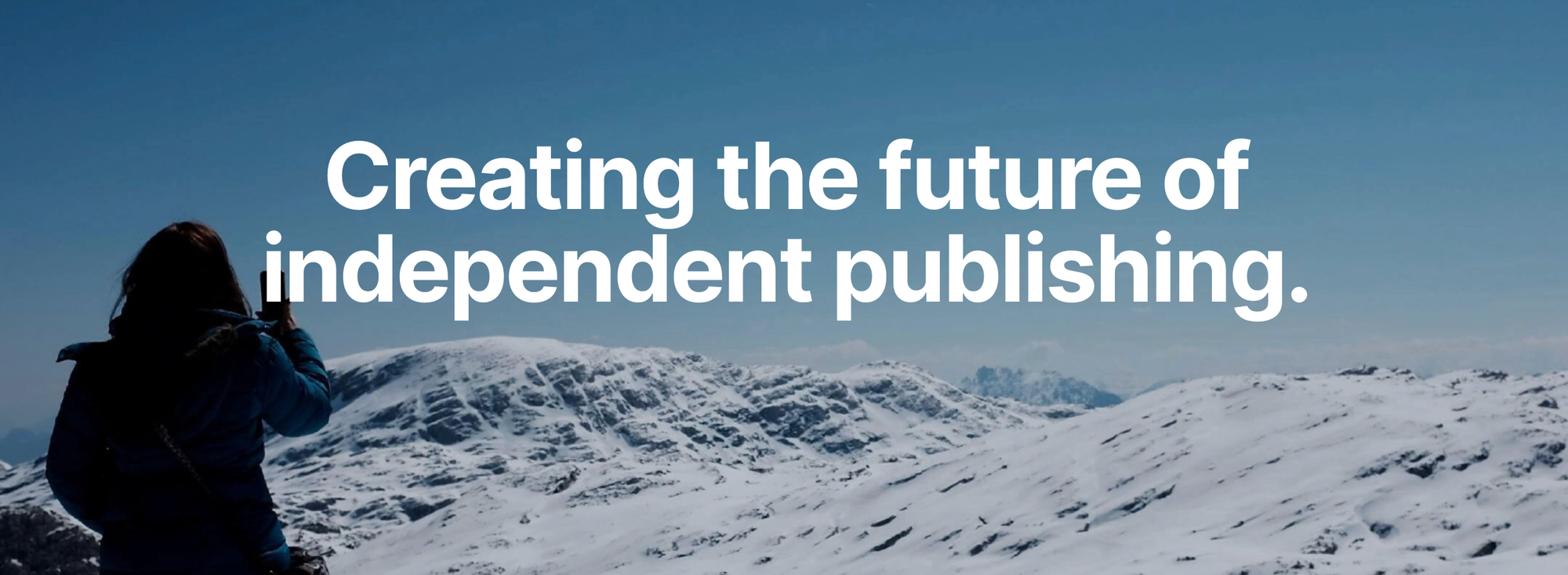Money = Energy = Community

Awhile back, I wrote about the Impact Multiplier Effect, an economic concept that, applied to social enterprises, serves as a guide for companies to multiply their impact through their B2B spending.
I recently published a piece here about the tech media site Platformer switching newsletter platforms, and it got me thinking about the choice I made to publish this newsletter on Ghost. It wasn't a straight-forward decision based on costs and features, but rather one that added impact as a lens through which to view the purchasing process.
I explored a number of options for publishing this newsletter. After a scan of the universe, I zeroed in on three candidates: Substack, ConvertKit, and Ghost. I'd heard great things about Substack and ConvertKit from friends who used these platforms. Most prominent was the large size of their respective member communities, which combined with their recommendation engines provided a potent tool for creators to drive audience growth.

Ghost didn't appear to have a core strength in the recommendations arena, and its audience size didn't equate to those offered by the others, but there were factors "beyond" that I found appealing. Ghost was born with a steward ownership business model: as a nonprofit foundation, its legal constitutions stipulates the organization can never be sold and 100% of revenues must be reinvested into the platform. (Those of you who follow along know I'm a sucker for a beneficial business model.) Its platform is open source, much of which is contributed by volunteer coders around the world. The cherry on top: Ghost is carbon neutral. It also publishes its business metrics live, including its financial performance. (ConvertKit, which coincidentally began life in my hometown of Boise, also does a good job of being transparent with its metrics.)
I like to trace where my money goes downstream (or upstream) of the purchase; with Ghost, that's pretty clear - back into the company, back into the community. Multiplier effect - bingo! Substack is funded by many of the big-name venture capital firms, while ConvertKit is investor funded as well. If there's any public benefit designed into either company, it's unclear at best.
So, yes, I went with Ghost. I suspected there was a tradeoff in my decision, that being the trajectory of audience growth exchanged for positive alignment with a business model. It's a little squishy to say that's indeed the case because I simply don't know. Would I like to be growing my newsletter faster – hell yes! But I'm also willing to grow organically and throw my support behind a like-minded organization.
The point is this: Business is challenging. Money's precious. And we should still try to use our resources to turn the magical trick of transforming money into energy that can power a community of businesses for good.
Do you have similar examples from your business or life? Are you willing to pay a premium to buy local? Do you invest through wefunder in budding and high-risk social enterprises that may never provide a financial return? Have you audited your supply chain to get your arms around the difference you can make through your procurement dollars? If you're on this impact bus, we'd love to hear stories of your travels and the ways you turn money into energy that fuels a movement.
Godspeed, friends.
Russ
P.S. Ghost just released the beta version of a new recommendations feature.👏👏👏
💬 Quote of the Week
“Honesty and transparency make you vulnerable. Be honest and transparent anyway.” Mother Teresa
💥 Quick Hits
• A make it or break it year - It's going to be an interesting one, folks: Inside Slack's 2024 survey of U.S. small businesses.
• Environmental justice is racial justice - Two weeks past MLK Day, the spirit lives on in this essay.
• YouTube's Climate Denial Dollars - A report from the Center on Countering Digital Hate on how YouTube and its owner Google are failing to live up to a promise to stop profiting from climate disinformation.
🤔 Trivia Time
Companies are increasingly publishing impact reports to be transparent in their performance and share the social and environmental impact they are creating. Which of the following does a recent study indicate is the leading way companies use their impact reports?
- Employee training
- Board and investor communications
- Sales and marketing
- Recruitment
- Strategic planning
Today's trivia answer can be found at the bottom of this newsletter.
Find the Most Meaningful Work of Your Career
Our partner One Work has you covered with meaningful work that goes beyond a paycheck, a cubicle, or a weekly team Zoom call. You'll find purposeful jobs like those below, along with many more at the One Work job board.
• Vital Farms - If you're checking your vital signs and it's time for a career change – say "Cockadoodledoo" to a lead position in investor relations for a company that's B-squared: a Certified B Corporation and a public benefit corporation. Vital Farms sells dairy products with a focus on the ethical treatment of animals. Vice President of Investor Relations, REMOTE.
• Gardener's Supply Company - Green up your thumbs and databases in the shadows of Vermont's famed Green Mountains. Database Developer/Administrator, Burlington, VT.
• Brew Dr. Kombucha - Here's some natural carbonation for your career courtesy of a super-cool, Certified B Corporation. Area Sales Manager, REMOTE.
Trivia Answer
In a 2023 survey by Unit of Impact, businesses listed employee training as the number one way they put their impact reports to work.
Full disclosure: I am a co-founder of Unit of Impact.
Please consider supporting Godspeed and this community by upgrading your free membership to a small monthly contribution or annual subscription. 🙏
